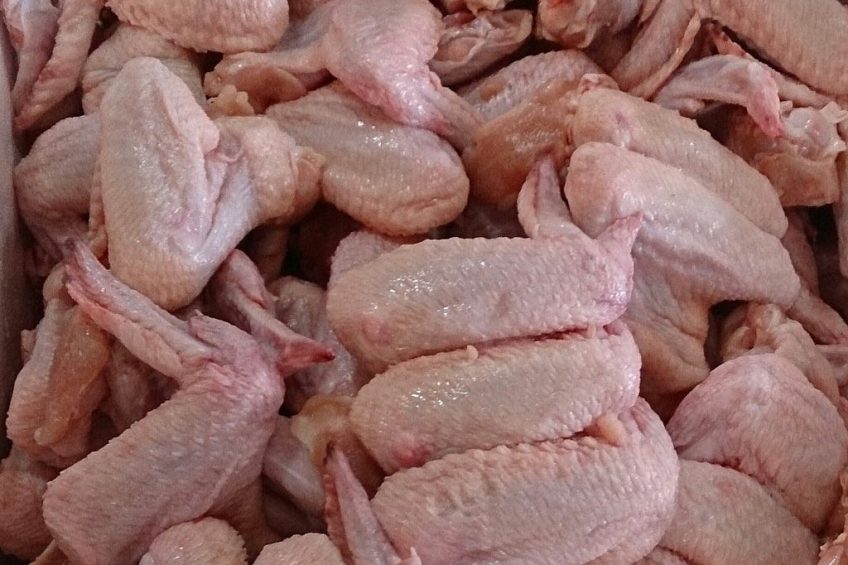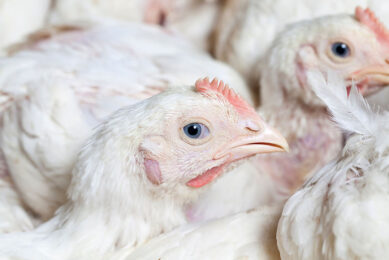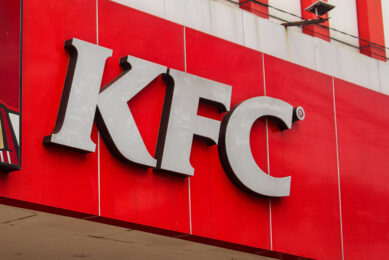FAO: Poultry meat market rising

Poultry will retain its global market meat leader this year but the pigmeat sector is set to narrow the gap, according to recent provisional figures from the Food and Agriculture Organisation (FAO).
It forecasts poultry meat production to rise by 1 million tonnes in 2017 from an estimated 117.2m tonnes to 118.2m, which represents a 0.9% increase.
This compares to a rise of 1% in pig production – from 115.8m tonnes to 117m tones, narrowing the gap by 200,000 tonnes in the past 12 months.
Ovine meat is stable
The FAO says bovine meat consumption has seen the largest expansion, predicting a 1.7% rise from 68.3m tonnes to 69.5m tonnes. Ovine meat continues to be stable at 14.5m tonnes.
However, in terms of trade, poultry and beef have been the largest winners – seeing a rise of 2% and 2.2% to 13.1m and 9.1m tonnes, while pigmeat and other meats declined. This is still considerably lower than in 2016.
Much of the global meat output expansion has been in the US, Brazil, the Russian Federation, Mexico and India but also in Argentina, Turkey and Thailand. However, China – despite rises in ovine, pig and bovine markets – will see stable production levels this year due to the ongoing effects of avian influenza.
Thailand is an emerging player
The FAO report says that on the poultry demand side, Japan, Angola, Cuba and Iraq and the United Arab Emirates are set to increase imports. In Japan, the increase reflects a growing demand for value added products, mainly sourced from Thailand, an emerging player in value-added, ready to eat poultry products.
Imports are set to decline in the EU, China, Vietnam, Mexico, Saudi Arabia and the Philippines.
Among exporters, the US, Thailand, Argentina, Brazil and Ukraine are likely to see a rise in exports but the spread of the HPAI is expected to affect the direction and pace of poultry meat production and trade across different regions. Competitive international prices, increased output and HPAI-free status since August has enabled the US to boost exports, especially to Cuba, Angola and South Africa.
Iran, Chile and the EU are likely to see exports fall.













